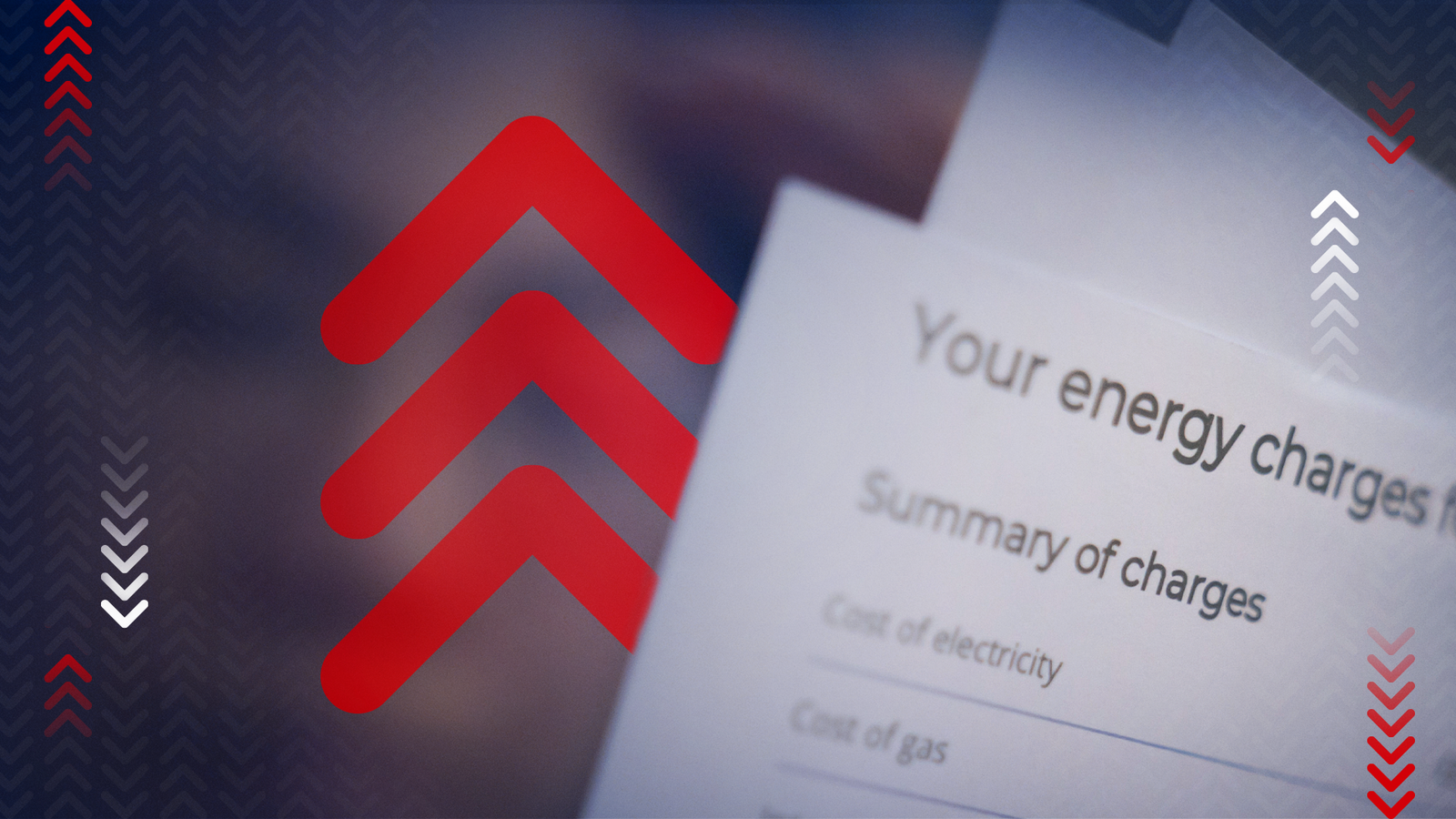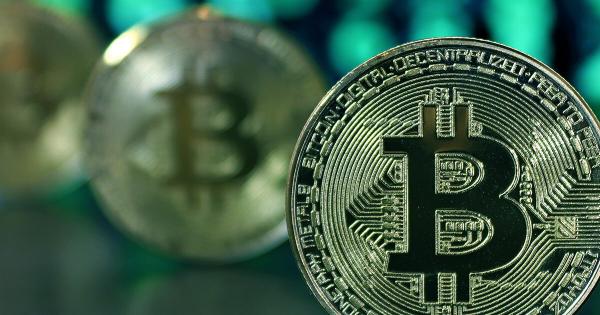Almost half of UK adults are finding it difficult to afford their energy bills, rent, or mortgage payments, new figures have shown.
The data from the Office for National Statistics (ONS) show a rising percentage of the population is struggling amid the cost of living crisis.
In September 45% of adults who paid energy bills were finding it very, or somewhat, difficult to afford them – up from 40% in June.
Some 30% of those paying rent or mortgages reported it being difficult to afford, up from 26% in the same time frame.
The figures were higher in those living with disabilities, with more than half (55%) finding it difficult to afford energy bills and 36% struggling to cope with housing payments (rent or mortgage).
The ONS released analysis of the proportion of the population affected by the increase in their cost of living and of the characteristics associated with being behind on energy, mortgage or rental payments, using data from the Opinions and Lifestyle survey.
Disabled people twice as likely to be behind on housing bills
Born weighing 1lb at 23 weeks: The very real costs of having a premature baby
Cost of living crisis: Thousands face higher mortgages for years after Liz Truss’s ‘disastrous premiership’, Labour says
Cost of living: How can I plan my finances now?
Around one in 15 (7%) of disabled adults reported being behind on their energy bills, compared to one in 25 (4%) non-disabled people.
One in 25 (4%) disabled adults reported being behind on their rent or mortgage payments. This was double the number seen in their non-disabled counterparts, with 1 in 50 (2%) behind on housing costs.
Overall, nine in ten (93%) of those surveyed reported their cost of living had increased compared with a year ago.
A slightly lower percentage (73%) said it had increased in the last month.
Last week, the Financial Conduct Authority estimated 7.8 million people – or six in ten adults – in the UK were finding it hard to keep up with their bills.
Renters and lower incomes hardest hit
Renters were finding it more difficult than homeowners, with 39% finding it difficult to afford their housing costs – compared to 23% of those with mortgages.
Those who didn’t own also found it harder to pay energy costs, with 60% struggling, compared to 43% of homeowners.
And those earning less also find themselves harder hit amid soaring costs and rising inflation.
Around half of those with a personal income of less than £20,000 per year said they found it difficult to afford their energy bills. This proportion decreased as personal income increased, with around a quarter (23%) of those earning £50,000 or more reporting the same thing.
Click to subscribe to the Sky News Daily wherever you get your podcasts
Similarly, 72% of adults on prepayment meters reported difficulty, compared to 42% of those who pay via direct debts or one-off payments.
It comes as data from the comparison website Uswitch said the energy crisis is pushing more households onto prepayment gas and electricity meters.
It said some 60,000 new meters were installed in the six months to March – reversing a long-term trend of numbers falling.
Pasta, vegetable oil and tea increase in price
Separate data, also released by the ONS this morning, found the lowest-priced supermarket items have increased in cost by 17% in the last 12 months – an increase from 7% in the year prior.
But for some of the cheapest items, costs have soared by nearly two thirds.
The items where the lowest prices rose at the fastest rate between September 2021 and September 2022 were: vegetable oil (65%), pasta (60%), and tea (46%).
We want to hear your stories – which you can share here:
By sending us your video footage, photographs or audio you agree we can publish, broadcast and edit the material.






